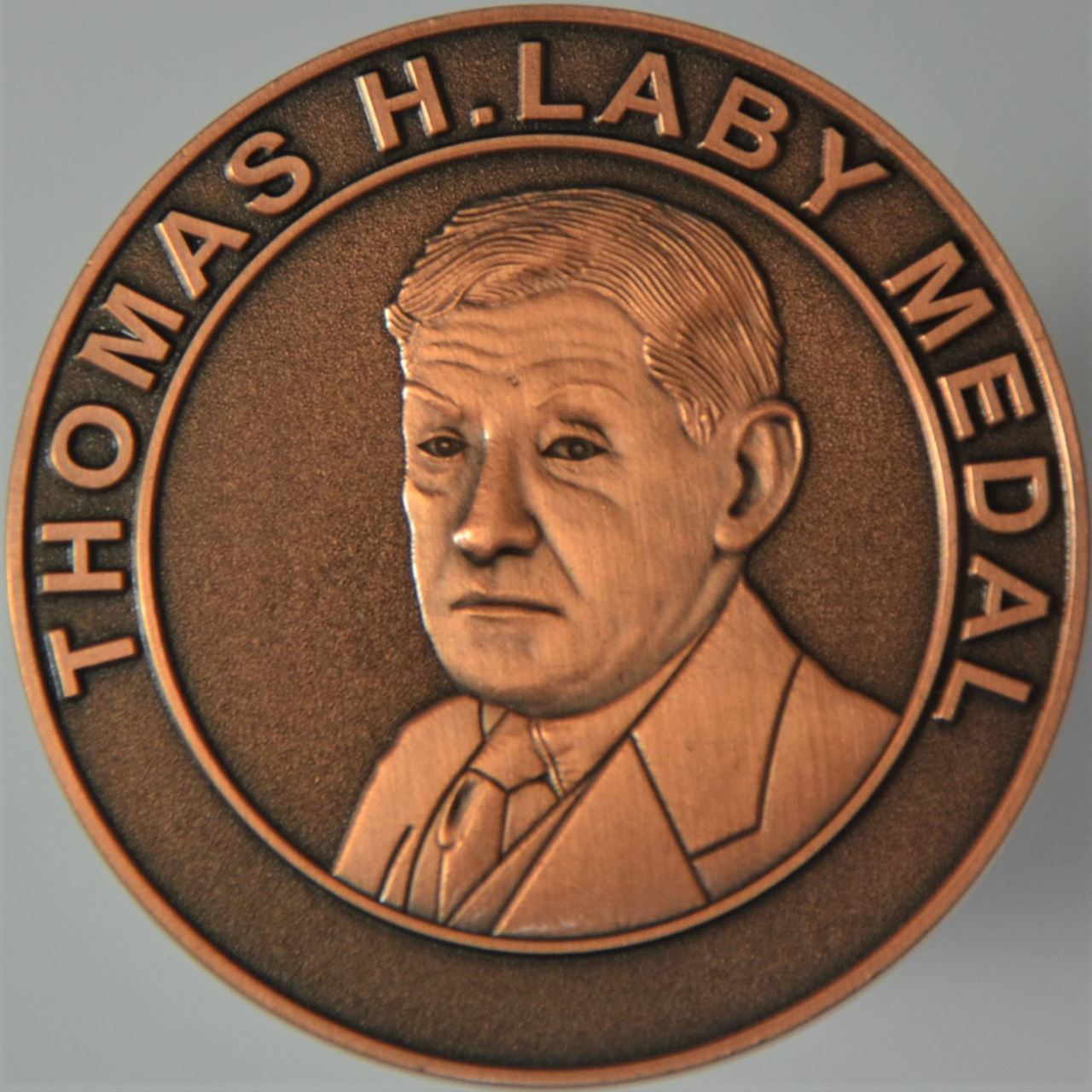Thomas H LABY MEDAL

Reproduction of Image on medal supplied with permission.
Copyright National Portrait Gallery, London.
The Thomas H Laby medal for the best Honours or Masters thesis from an Australian University was established in 2018 to commemorate Thomas H. Laby, and is based on the former Laby Medal, which was awarded annually by the Victorian Branch between 1992-2009 for the most outstanding Victorian Honours Physics student thesis.
The award consists of a medal, certificate and monetary prize of $1000, and one year complimentary membership of the AIP.
The medal will be presented to the chosen candidate at the next AIP Congress or AIP Summer Meeting. Reasonable expenses in attending the presentation will be met by the AIP.
The winner will be invited to present a contributed talk related to their thesis research at the next AIP Congress or Summer Meeting and write an article for publication in Australian Physics.
The award is supported by a generous bequest from the late Betty Laby, daughter of Thomas Howell Laby. Up to two awards will be made each year.
Eligibility Requirements
- The Honours or Masters thesis must have been produced as part of a one or two year Honours or Masters program, which has been completed (but not necessarily conferred) in the calendary year prior to the closing date (i.e. completion must have occurred between 1 January and 31 December of the year prior to the nomination year, inclusive).
- The degree undertaken must have at least 25% assessed by coursework and at least 25% assessed by research thesis.
- The degree must have been awarded by an Australian university.
- The nominee must not have been previously nominated for the Thomas H Laby Medal.
Nomination Material
The online nomination form requires the nominee or supervisor to provide contact details and include:
- a one sentence citation capturing the nature of the work;
- the thesis (nominators should note that when attaching a link to the student thesis, this link must be accessible by others outside of their own university);
- the nominee’s academic transcript detailing coursework and thesis marks;
-
a letter of recommendation from the Head of School, outlining the significance of the work. If the Head of School is the nominee’s supervisor, this letter should come from the Deputy Head or the Chair of the Research Training committee, or equivalent;
-
a statement briefly outlining relative opportunity for research specific to program type;
- a statement outlining the creative contribution of the student to the nominated research, with an emphasis on the contribution made at the individual level rather than from a research group level.
Nominations close: 1 April each year
Assessment Criteria
Thesis quality will be judged on the:
- Research quality / impact;
- Marked transcript;
- Clarity and quality of communication;
- Creative contribution of the student.
Nomination and Assessment Process
Each university may submit either one nomination, or two nominations if the candidates are of different genders.
The nomination(s) from each university must be submitted to the National AIP (not the State Branches) by the closing date above.
Nominations, including all required supporting documentation, should be submitted via the online Thomas H Laby Medal nomination form* by the advertised closing date.
Nominations will first be assessed by State Branches, who will select 1-3 candidates to be shortlisted. The shortlisted nominations will then be assessed by a national level selection panel.
Each State Branch may submit one nomination, or two nominations if the candidates are of different genders. Large branches (VIC, NSW) may submit up to three nominations, provided the candidates are not all of the same gender.
Previous Winners
-
2025 Josh Green University of Western Australia
2024 Sophie A. Young, University of Tasmania
-
2023 Martha Reece, Australian National University
-
2022 Katherine Curtis, Australian National University
-
2021 Ethan Payne, Monash University
-
2020 Matthew Goh, Australian National University
-
2019 Simon White, University of Technology Sydney
- 2018 Felicity Lee, Australian National University & Albert Zhou, University of Sydney

